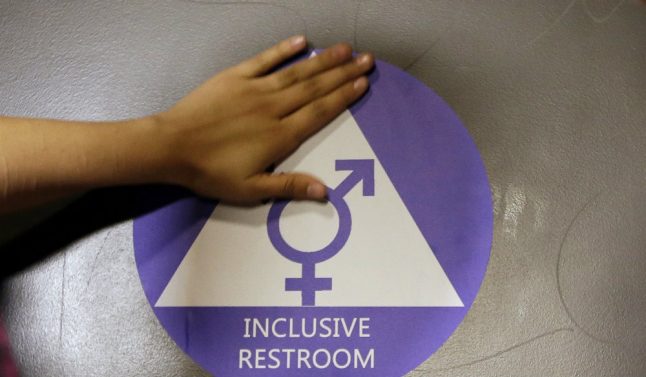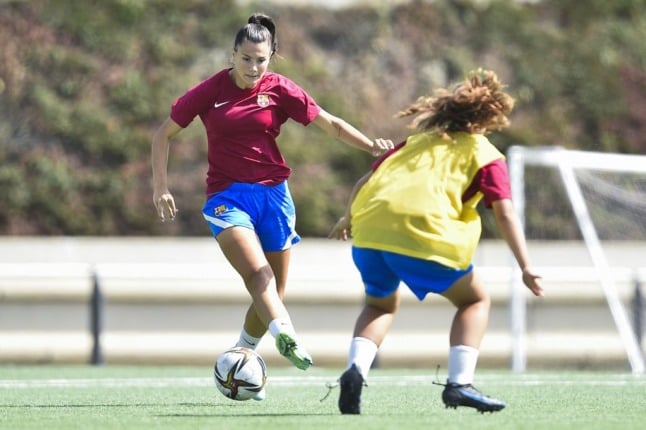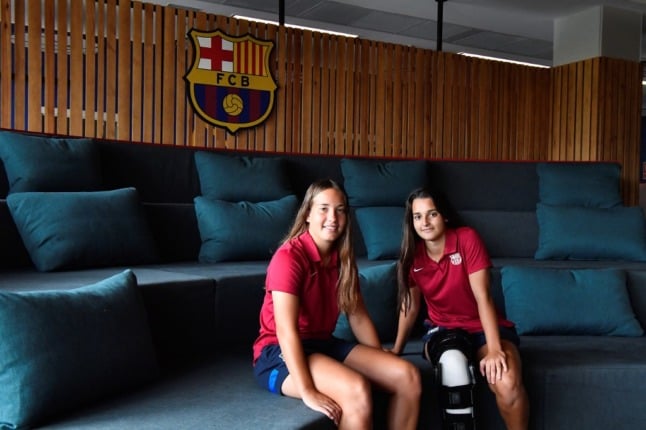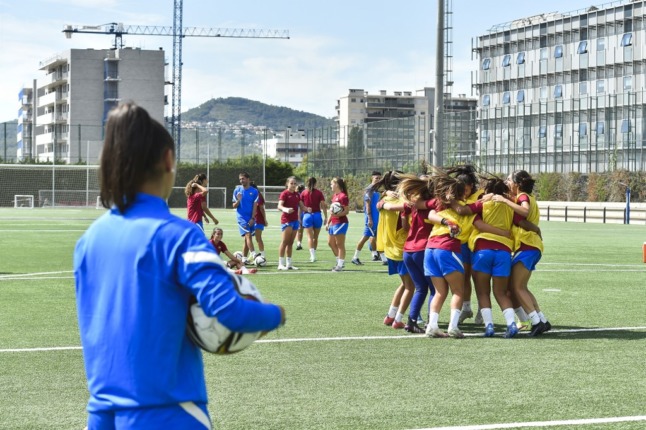The authority is considering the measure in an effort to increase inclusiveness in national data, broadcaster SVT reports.
“The purpose of official statistics is to describe society in various ways. For this to be relevant to society, it is important for all users to be able to see themselves as part of it. A binary concept of man and woman is not how all people see themselves,” Lars Grönvik, head of department at the National Board of Health and Welfare, told SVT.
A change in the law would be required for a third gender to be used in, for example, the population registry.
But many other types of official statistics are based on questionnaires to which extra options could be added without the need for any legislative change.
“The most important thing is to have a discussion about what we can do to make statistics relevant. Can we do anything without a change to the law? Or should we work together for change?”, Grönvik said.
A telephone survey conducted last year by Radio Sweden found that a majority of political parties in the country supported the notion of looking into the use of a third gender designation.
READ ALSO: 'We immigrants mustn't silence problems of gender inequality'





 Please whitelist us to continue reading.
Please whitelist us to continue reading.
Member comments